Do you know the strength of your immune system? A number of factors may play into how strong your immunity is, from stress to fatigue, diet, environmental factors, quality of life, work life balance and much more. Testing for stable and strong immune status is an important tool in assessment of the integrity of the patient’s ability to protect oneself from infection. This may be achieved by testing for Immunoglobulin M, immunoglobulin G, Immunoglobulin G1-G4 subclasses and Immunoglobulin A. The immune system consists of 2 major arms the first arm being “Humoral immunity” and the second being “cell-mediated immunity” represented by B cells and T cells respectively. Therefore testing for T and B cell subsets may be helpful diagnostically.
Other tests such as streptococcal pneumonia titers looking at various serotypes and then vaccinating with the 23-Valent Strep. pneumonia vaccine and rechecking antibody titers 6-8 weeks later also is a common test to assess immune response.











